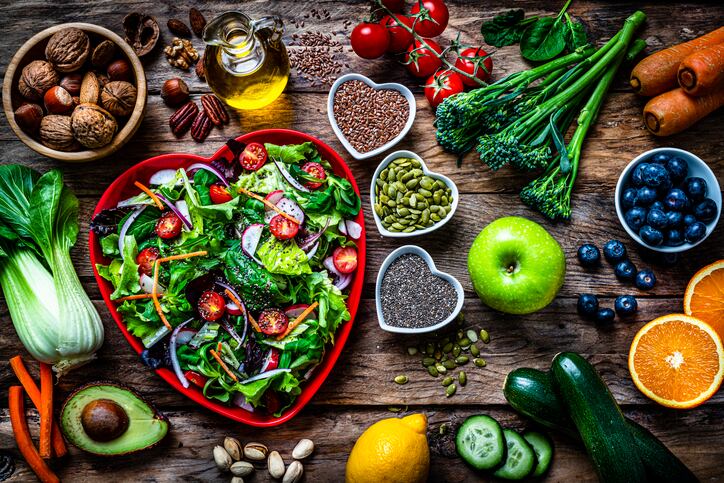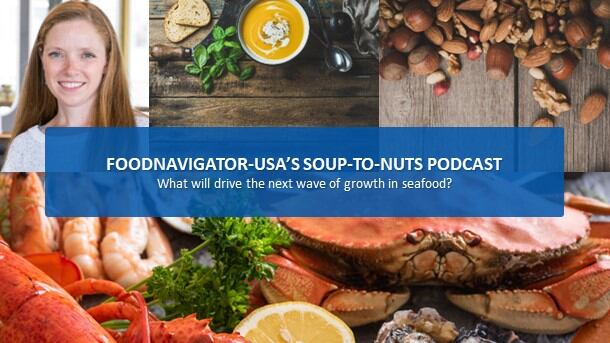While this may sound counterintuitive given the widely held consumer belief that fresh, less process food is healthier, the reality is that packaged food more effectively captures and communicates health claims than fresh products, according to Circana EVP of center store and produce Sally Lyons Wyatt.
This is costing fresh players hundreds of millions of dollars in unmet sales, which they can tap into through instore activations, personalized communication and affordable lifestyle launches, she explained during a webinar last week co-hosted by Circana and FMI – The Industry Trade Group.
Before they can do this, stakeholders must understand who is shopping and what matters most to them – factors that are constantly shifting and vary dramatically by demographic and life stage.
For example, according to Circana data, older consumers dubbed “wise and healthy” spend 6% more on food, beverage and fresh and make an average of 3.2 more trips than the overall population. Likewise, “sensible super moms” spend on average 6.9% more and visit the store 1.4 times for often than the general population.
But even though both groups are focused on health and willing to spend more, they are looking for different solutions – even within the same segmentation.
For example, wise & health consumers tend to be older and more focused on disease states, but whether they are focused more on heart health, diabetes or minimizing the risk of stroke will impact their dietary patterns and purchasing. Likewise, sensible super moms heavily overlap with millennials and therefore are more likely to worry about stress, lactose intolerance and celiac disease, but they also are focused on the needs of their children, which varies by age and development.
75% of heart health sales are sourced from the center store
In most of these instances, the fresh department currently is not fully seizing the market potential represented by these groups – especially when compared to the center for the store, Lyons Wyatt cautioned.
She explained that 75% of the more than $6b related to heart health claims are sourced from the center of the store, while fresh food departments capture less than 5% of heart health claim sales.
In addition, even though these consumers make on average 0.3% more trips per buyer to fresh food departments, they buy 2.5% less volume – again suggesting they may not be fully aware of what in the fresh department can help them achieve their fresh goals.
But because they are shopping more frequently, Lyons Wyatt argued, one effective way to reach them is in store by calling out heart healthy attributes or logos on packaging and in displays, and ensuring heart-healthy food choices are included in recommendations during heart health month events in the store, Lyons Wyatt said.
She also advised directly addressing their health concerns in media marketing – a strategy that is 3-4 times more effective for this group than general messages.
Finally, in terms of innovation, she recommends retailers and brands focus on delivering health benefits without compromising taste or quality and consider smaller sized packaging or meal solutions for one and two person households as heart healthy consumers tend to live in smaller households.




